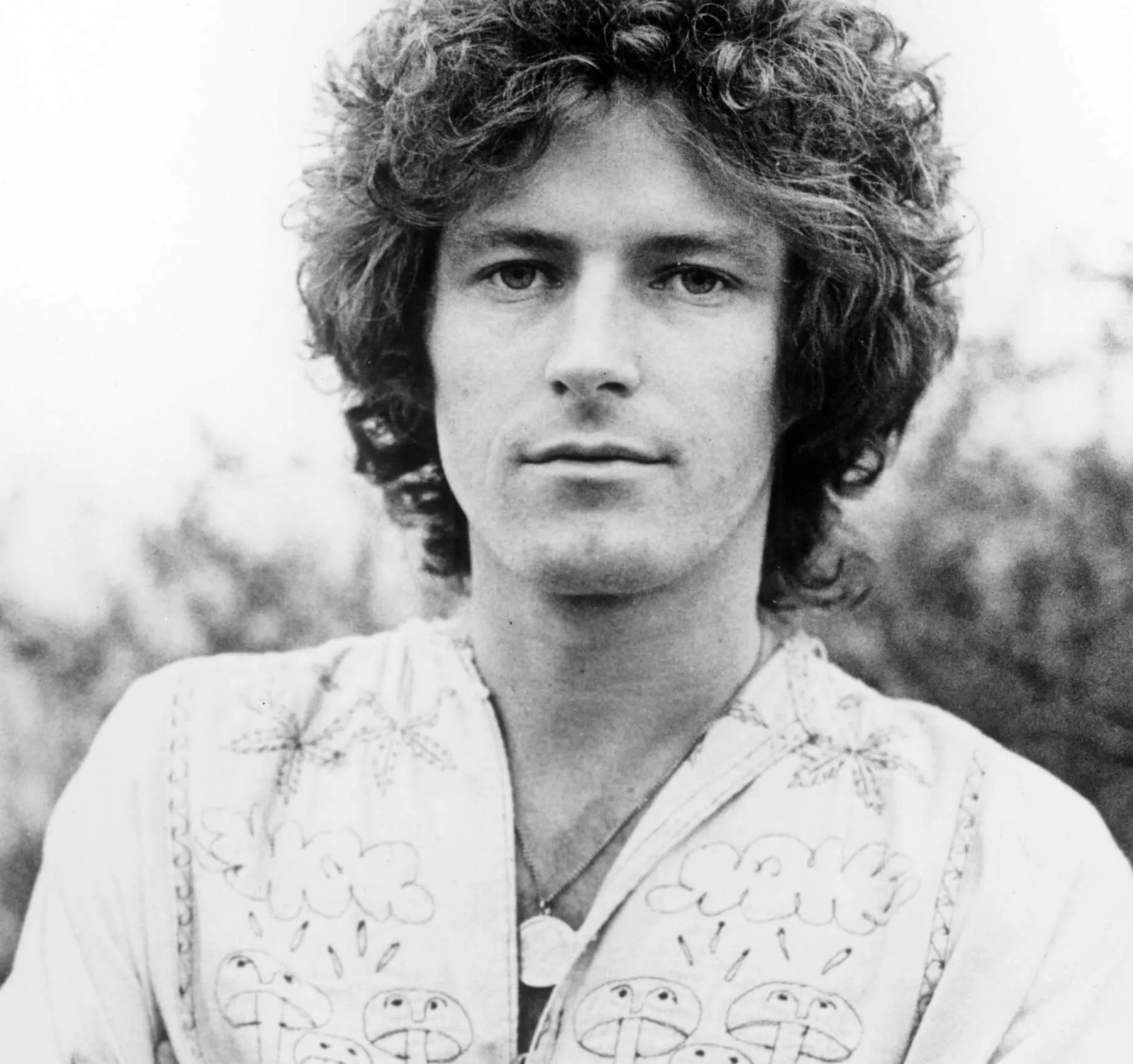
Why The Eagles’ Don Henley Hated Punk Rock
One of the most famous artists who took on the mantle of classic rock during the 1970s was The Eagles’ Don Henley. The 1970s were also the decade of punk rock. Henley felt that punk rock had some deep issues. He also felt that there were issues with his band’s approach to music.
The Eagles’ Don Henley explained his ‘messy’ philosophy of rock ‘n’ roll
During a 2016 interview with Rolling Stone, The Eagles’ Don Henley explained his band’s approach to music. “We got saddled with that perfectionist label because we were always paying attention to detail, always trying to up our game,” he said. “There is no such thing as ‘perfection’ in rock ‘n’ roll, although we did strive to be tight, musically, and to sing and play in tune. No apologies to be made for that.
“There has always been the opposing school of thought, especially after punk came in, but I always saw that as a cover-up for lack of ability,” the “Boys of Summer” singer said. “But obsessive perfectionism can be oppressive, stifling, paralyzing. Never let the great be the enemy of the good. We understood that. There should always be — and will be — a wart or a little clutter here and there. Life is messy, and rock ‘n’ roll is part of life.”
The Eagles wrote a song in response to punk rock
Henley revealed that punk rock had an impact on the public perception of The Eagles. “Despite the extraordinary success of Hotel California, we were collectively in a pretty dark place during the making of The Long Run,” he said. “Disco had exploded, and punk was on the rise. We were beginning to see press articles about how we were passé.”
In response to the press claiming that disco and punk rock made The Eagles outmoded, the band wrote the tune “The Long Run.” In the long run, The Eagles, disco, and punk managed to stick around on the radio to this day. However, punk never made quite the same commercial impact as The Eagles or disco.
Don Henley didn’t quite get punk rock
Is it true that the “punk” label can be used as an excuse to make something sloppy and unprofessional? Yes. But music that sounds raw can also be great. Henley’s slickness seems to get in the way of him appreciating punk rock.
Furthermore, not all punk rock is completely scrappy. Listen to Green Day’s American Idiot — arguably the most popular punk album ever recorded — and you’ll find an album that’s just as expertly produced as The Eagles’ Hotel California. Punk’s DIY pretenses are a pose just as often as they are real.
Of course, nobody is obliged to like punk rock. It’s interesting how some old-guard rockers like Henley and George Harrison distanced themselves from it in the 1970s while others like The Rolling Stones dabbled in the subgenre. Perhaps borrowing a few ideas from punk rock might have kept The Eagles commercially relevant beyond 1980. Or maybe going punk might have made them look like old fogies out of their leagues.
Whether or not you like punk rock, Henley’s view on that style of music seems to be a little reductive.


